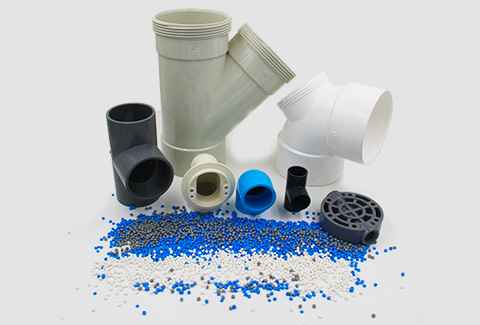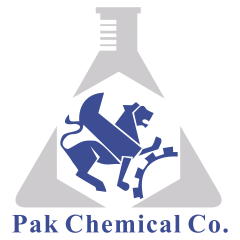Usage and Application of PVC Granules
The plastic industry has evolved dramatically over the years, with the introduction of various types of polymers and their applications. Among these, Polyvinyl Chloride (PVC) stands out due to its versatility, durability, and cost-effectiveness. Especially when it comes to the production of pipes and fittings, PVC granules play an integral role. In this article, we delve into the usage and applications of PVC granules in the pipes and fittings sector.
What Are PVC Granules?
Before diving deep into their application, it’s vital to understand what PVC granules are. Polyvinyl Chloride, commonly known as PVC, ranks among the most widely used plastics globally. In its native form, PVC exhibits rigidity and fragility. To make it more flexible and useful, manufacturers mix it with various additives and plasticizers. After achieving the perfect blend, they then turn the product into granules, which make processing, molding, and production easier.
Why Use PVC Granules in Pipes and Fittings?
- Durability:. PVC pipes have a reputation for their longevity. They are resistant to rust, corrosion, and many chemicals, ensuring a long-lasting life even when exposed to harsh environments.
- Cost-Effectiveness:. Compared to other materials like metal or ceramics, PVC offers a cost-effective solution. The raw materials are relatively cheaper, and the production processes are less energy-intensive.
- Flexibility:. Thanks to the plasticizers, manufacturers can adjust the flexibility level of PVC granules according to the application’s requirements. This quality is especially crucial for fittings that require a certain degree of flexibility to ensure a tight and leak-proof fit.
- Lightweight:. PVC pipes are notably lightweight, which makes transport, handling, and installation more straightforward and more cost-effective.
- Chemical Resistance:. PVC pipes can withstand a range of chemicals, making them suitable for various industrial applications where chemical exposure might be a concern.
- Low Maintenance:. Due to their robustness and resistance to environmental factors, PVC pipes require minimal maintenance.
Applications of PVC Granules in Pipes and Fittings
- Domestic Plumbing:. One of the most common applications is in domestic plumbing systems. Homes use these pipes for distributing potable water, drainage, and sewer systems.
- Agricultural:. PVC pipes are extensively used in agriculture for irrigation systems. Their flexibility and durability make them ideal for this purpose.
- Industrial:. Industries utilize PVC pipes for waste disposal and chemical transport. Their resistance to chemicals makes them a preferable choice.
- Infrastructure:. PVC pipes find usage in underground wiring systems due to their insulative properties.
- Healthcare:. PVC is used for making medical equipment and also in some piping systems in healthcare facilities.
- Swimming Pools:. PVC pipes are used in swimming pool plumbing systems due to their resistance to chlorine and other chemicals commonly found in pool water.
Environmental Considerations
There’s no denying that plastic poses environmental concerns. However, the PVC industry has been making strides in ensuring sustainability. PVC can be recycled, and there is an increasing push towards using recycled PVC granules in the production of pipes and fittings. This not only conserves resources but also reduces the environmental footprint.
Conclusion
PVC granules’ application in pipes and fittings is immense due to the material’s inherent benefits. Their versatility, cost-effectiveness, and durability make them a preferred choice in multiple sectors. As technology advances, and the focus shifts more towards sustainability, the PVC industry will likely witness more innovations that further enhance its applications and reduce its environmental impact. Usage and application of PVC granules are extensive in industries such as cable manufacturing, toy making, and another usage and application of PVC granules are flooring production. PVC granules are thermoplastic resins melted and molded into various products for both consumers and businesses. Their durability, flexibility, and cost-effectiveness make them highly sought after in numerous manufacturing sectors.

